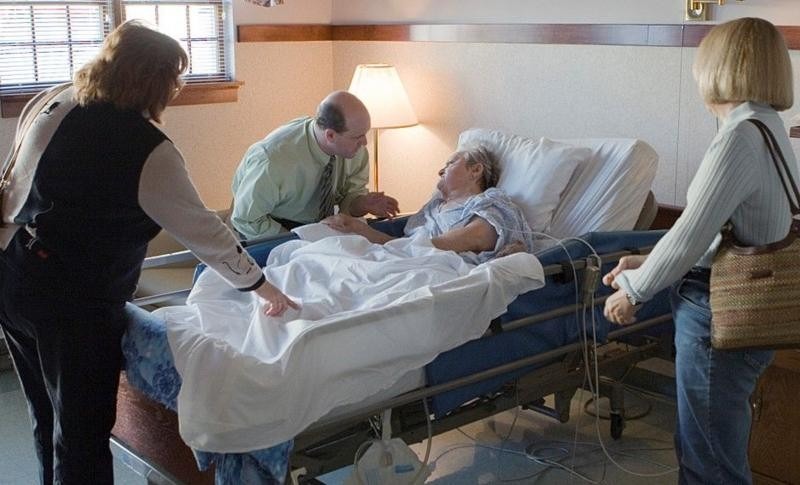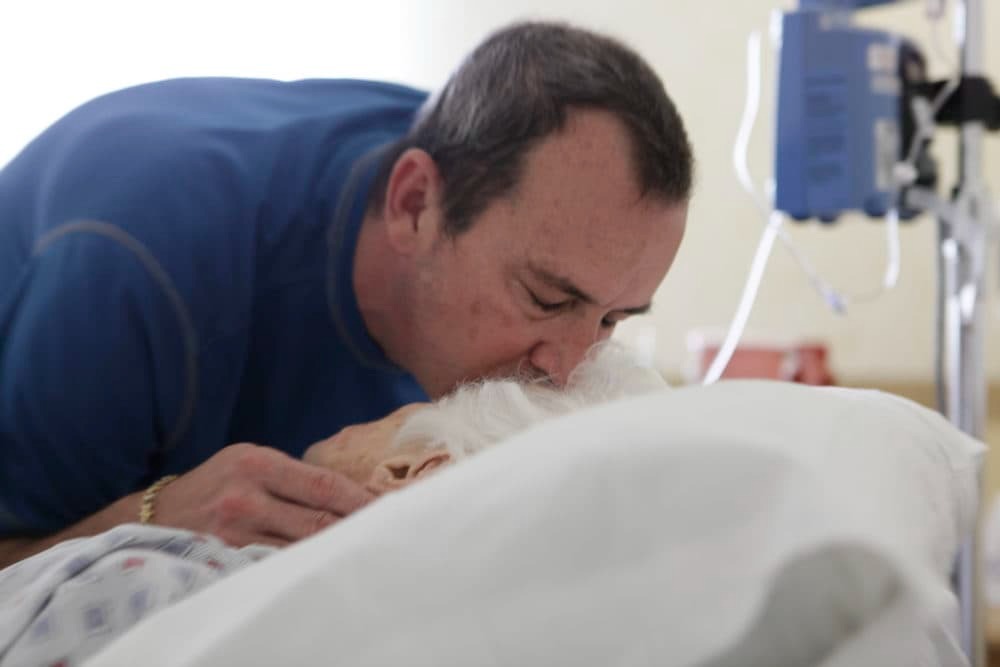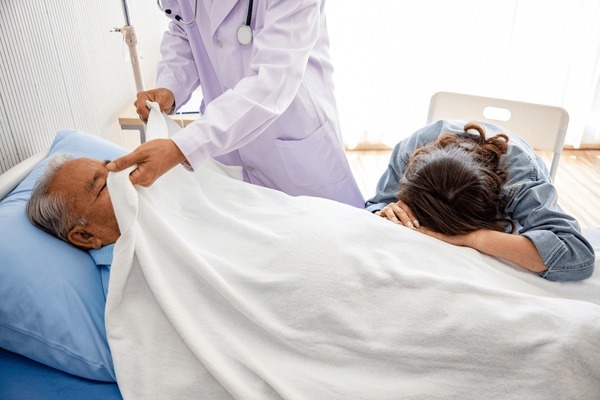When a loved one passes, our instinct is to hold them close one last time. A final touch, a whispered goodbye, maybe even a kiss on the forehead — something tender to ease the pain of parting. But a recent warning from a Moldovan doctor has stirred up a difficult question: What if that gesture of love could harm the living?
Dr. Viktor Ivanovik, known to many as a popular TikTok creator with nearly 300,000 followers, posted a video that’s now gone viral — not for its humor or trendiness, but for its sobering message:
“Never kiss the deceased.”

His advice was blunt, but not without reason. Ivanovik explains that after roughly nine hours post-mortem, the human body begins to break down — and with it comes the release of bacteria and potentially harmful pathogens. Kissing a corpse, especially around the mouth or nose, may expose mourners to these microbes. According to the doctor, in some rare but real cases, it could even lead to the loss of smell — a neurological consequence that may result from bacterial infection or toxin exposure.

The video, though medically grounded, touched a deeply emotional nerve.
“I kissed my father, and I would do it again a thousand times,” one commenter wrote tearfully. “I don’t care about losing my senses — he was my everything.”
And that’s where Ivanovik’s message becomes more than just a clinical warning. It opens up a conversation about the intersection of science, tradition, and grief.
Across cultures and continents, the act of saying goodbye to the dead often includes intimate physical gestures. In many communities, kissing the deceased is not just accepted — it’s expected. It’s part of how people find closure. So when a health professional tells them to refrain from that final goodbye, it can feel like more than a safety tip — it can feel like a denial of love.
Still, Ivanovik’s message doesn’t shame those who grieve physically. Rather, it urges awareness. In a time of heartbreak, our defenses are down. We’re not thinking about bacteria. We’re thinking about the person we’ve lost.

So what’s the takeaway? It’s not necessarily that one must never touch the dead. But rather: know the risks, and make an informed choice. Not all traditions are inherently dangerous, but not all are risk-free either. And sometimes, honoring someone’s life also means protecting your own.
As the comment sections on TikTok and other platforms filled with emotional responses, one thing became clear: people want both truth and compassion. Ivanovik’s warning might be hard to hear — but it’s also hard to ignore.
In moments of mourning, knowledge can feel cold. But it can also be the quietest form of love — the kind that says: “I want you to be okay, even after this.”
In the end, grief and science don’t have to stand on opposite sides. They can coexist — cautiously, respectfully, and humanely.
